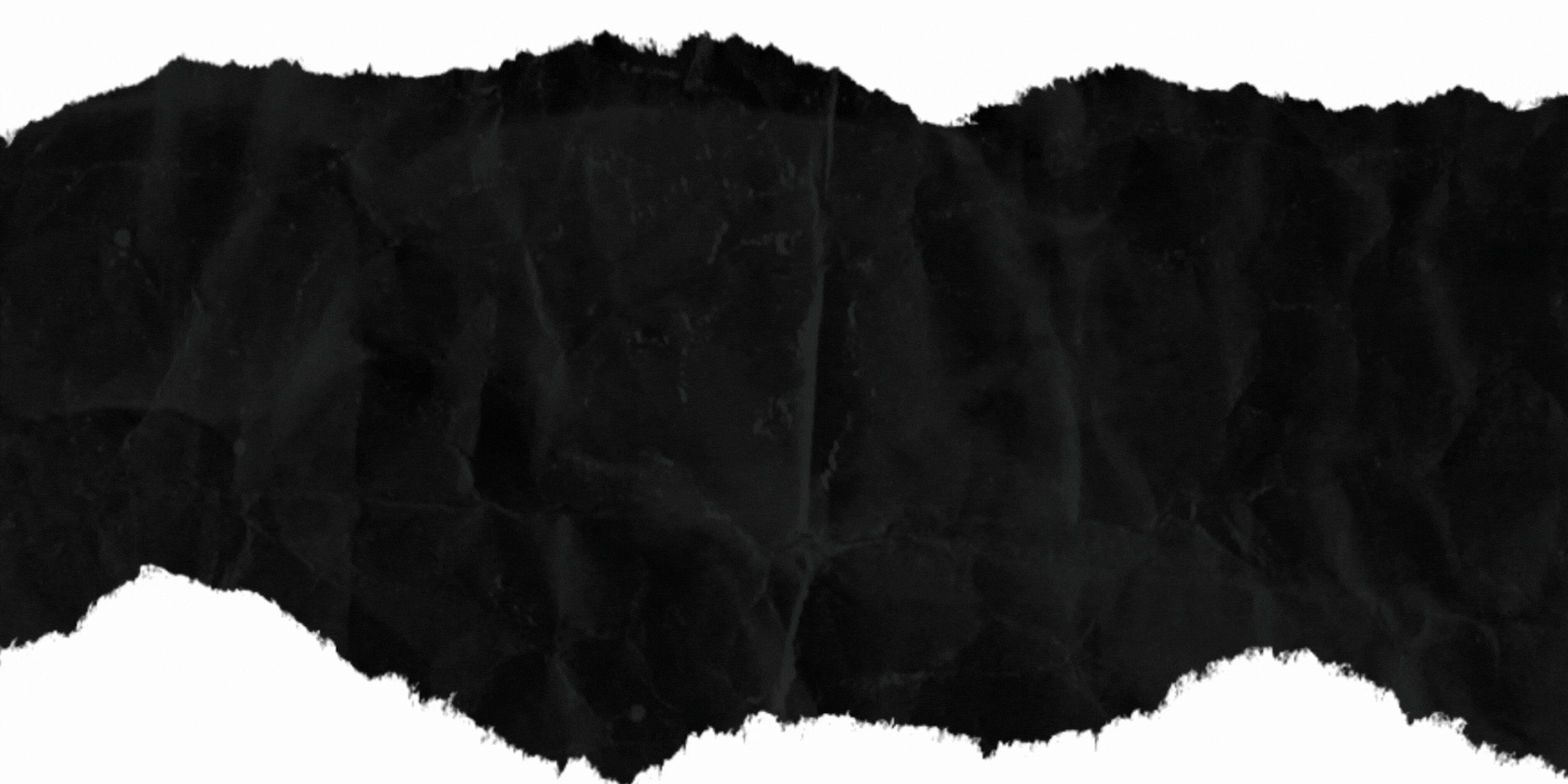In most real estate markets across the United States, it’s standard practice for buyers to arrange and pay for their own home inspections after making an offer. However, the approach in Silicon Valley is different—and for good reason. Savvy home sellers in this competitive market will almost always conduct pre-sale home inspections. By offering buyers a clear understanding of the property’s condition upfront, sellers in Silicon Valley are able to garner as-is offers, often resulting in waived inspection contingencies and more straightforward, secure transactions. In this article, I’ll discuss why pre-sale inspections are a key strategy for Silicon Valley sellers and how they contribute to faster, more profitable sales.
The Power of Pre-Sale Inspections in Silicon Valley
One of the reasons pre-sale inspections are so valuable in Silicon Valley is the pace and competitiveness of the local real estate market. With high home prices and limited inventory, buyers here are often under pressure to make swift decisions. For sellers, presenting a property with completed inspections enables buyers to make confident offers quickly and minimizes uncertainty and negotiation post-offer.
In a typical North American real estate market, the buyer’s inspection period presents an opportunity to negotiate repairs or, in the worst-case scenario, even cancel the deal. For Silicon Valley sellers, however, a set of well-prepared pre-sale inspection reports can persuade buyers to accept the property “as-is” without requesting repairs (or price reductions, or credits for repairs), often leading to waived inspection contingencies. This is a powerful advantage, as it significantly reduces the risk of deals falling through due to repair demands or disagreements over the property’s condition.
Why Waived Inspection Contingencies Matter
Contingencies are designed to protect buyers, allowing them to withdraw from the contract if issues arise in the inspection period. However, in Silicon Valley, waiving the inspection contingency has become increasingly common. When sellers conduct thorough pre-sale inspections, buyers are more comfortable waiving this contingency, as they already have a detailed understanding of the home’s condition.
This waiver benefits sellers in two major ways:
- Fewer Transaction Fall-Throughs: With no inspection contingency, there’s less likelihood of the transaction falling apart after the offer is accepted. Fall-throughs can be costly in terms of time, stress, and the potential impact on the property’s market reputation. If a transaction falls apart for whatever reason, it is much more likely to sell for a lower price the second time it goes into contract. Fall-outs are to be avoided to the greatest extent possible.
- Reduced Repair Negotiations: When buyers agree to buying a home without an inspection period, there’s little or no room for post-offer repair negotiations. Sellers avoid unexpected repair costs that can easily reach tens of thousands of dollars, which is a common occurrence in markets where buyers conduct inspections after making an offer. Spending $1,000-$3,000 on pre-sale inspections can easily save the seller 10-20x that cost.
Increasing Buyer Confidence and Attracting Competitive Offers
In Silicon Valley, pre-sale inspections help attract serious, motivated buyers. When a seller provides a complete set of inspection reports with detailed information about the property’s condition, buyers are more likely to quickly write offers. They know what they’re purchasing and don’t have to worry so much about unidentified problems surfacing later.
Since Silicon Valley is a highly competitive market, a lack of pre-sale inspections can actually work against the seller. When most other properties include these reports, a home that doesn’t can raise red flags for buyers, who may wonder if the seller is hiding defects. This doubt will lower buyer interest, reduce the number of offers, and ultimately, decrease the property’s selling price. In contrast, a well-documented inspection history instills trust and can lead to multiple offers, helping to drive up the price.
Typical Pre-Sale Inspections and Their Costs
For Silicon Valley sellers, the most common inspections conducted before listing a home include:
- General Home Inspection: This is a comprehensive assessment that covers the property’s structural integrity, electrical and plumbing systems, heating and cooling units, appliances, and other visible elements. It’s the broadest inspection and provides an overview of the home’s condition.
- Termite (Pest) Inspection: Termite damage is a common concern, especially in California, and a pest inspection checks for any signs of wood-destroying organisms such as termites or dry rot. This inspection often includes a report on both active infestations and potential risks for future damage.
- Roof Inspection: Roof condition can be a major concern for buyers, and a roof inspection gives a professional assessment of its age, expected lifespan, and any current or future repairs needed.
In some cases, additional inspections may be necessary:
- Sewer Lateral Inspection: For properties with aging sewer lines, this inspection can reveal any issues with blockages or pipe damage. Some counties and municipalities require a sewer lateral inspection before a property can be sold – be sure to check with your real estate agent to see if your area now requires that this be done.
- Septic System Inspection: For rural properties, a septic inspection evaluates the function and safety of the septic system, which is essential to rural buyers. Some counties, such as Santa Cruz, require a septic system inspection before a property can be sold.
- Well Inspection: Also relevant for rural properties, a well inspection confirms that the water supply is safe, reliable, and compliant with local standards.
- Defensible Space Inspection: In high fire hazard areas, California has specific defensible space requirements. An inspection ensures that the property meets these requirements, which can be a significant selling point for buyers concerned about wildfire safety.
Expected Costs of Pre-Sale Inspections
The cost of pre-sale inspections can vary depending on the size of the property, its age, and location. However, sellers in Silicon Valley typically budget approximately:
- General Home Inspection: $500 to $1,000
- Termite Inspection: $225 to $550
- Roof Inspection: $200 to $400
- Sewer Lateral Inspection: these are typically done for free by plumbing companies
- Septic System Pumping + Inspection: $700 – $1,100
- Well Inspection: $450 – $750 (if applicable)
- Defensible Space Inspection: Free (provided by the local fire department or CalFIRE)
While the total cost for these inspections could range from $225 to $3,500, the investment is well worth it. Not only does it enhance buyer confidence, but it can also save sellers thousands by avoiding costly post-offer negotiations and ensuring a smoother, faster transaction with a much greater certainty of low-stress closing.
Setting the Stage for a Smooth Transaction
When buyers have a clear understanding of a property’s condition before making an offer, there are fewer surprises that could derail the transaction. This transparency is a tremendous asset for sellers, especially in high-stakes Silicon Valley real estate.
The likelihood of a buyer’s remorse, which can sometimes results in a canceled deal, is significantly reduced when pre-sale inspections are provided. Additionally, sellers are spared the anxiety of last-minute requests for costly repairs, which can upend financial planning and even lead to further delays or canceled sales. By addressing any issues upfront or pricing the home accordingly, sellers set the stage for a smooth, efficient, and drama-free sale.
Building Buyer Trust and Peace of Mind
One of the most powerful, intangible benefits of pre-sale inspections is the trust they build with potential buyers. A transparent seller is viewed as a trustworthy seller, and this perception can make a huge difference in buyer enthusiasm. A detailed set of inspection reports in the disclosure package signals to buyers that the seller has nothing to hide, encouraging them to proceed with confidence and, in many cases, agree to forgo the inspection contingency altogether.
When buyers feel assured about the property’s condition, they’re more likely to see it as a safe investment, which can influence their decision to offer above asking price or compete with other buyers. In a market as competitive as Silicon Valley, this added trust can be the difference between a good sale and a great one.
Pre-Sale Inspections as a Marketing Tool
In a competitive market, everything matters when it comes to standing out. A complete set of pre-sale inspections is not only practical but also serves as a powerful marketing tool. Listings that mention “move-in ready” properties or those that have “Section 1 Termite Clearance” signal transparency and readiness, which can be very appealing to potential buyers. Many REALTORs will post the disclosure package containing these inspection reports online on dedicated and secure real estate platforms so buyer’s agents can access them before scheduling a viewing – so buyers will be assured before they even step in the door of the condition of the home. This level of openness helps the listing attract serious, informed buyers who are more likely to submit strong offers, knowing that they are purchasing a thoroughly vetted property.
The Peace of Mind that Comes from Full Seller Disclosure
For sellers, providing pre-sale inspection reports can be a source of personal peace of mind. By being transparent about the condition of their home, they are less likely to face unexpected surprises, confrontations, complications, and legal entanglements down the road. They can approach the sale with confidence, knowing they have done their due diligence and are making a full and complete disclosure about the property. For buyers, seeing a seller’s commitment to transparency can offer a similar sense of security. They know they are entering a deal with full knowledge, leading to a transaction built on trust rather than hidden details or last-minute issues.
Real-Life Example: How Pre-Sale Inspections Lead to Higher Sale Prices
Consider a case where two nearly identical properties are listed in the same neighborhood. One property includes a comprehensive pre-sale inspection report, detailing everything from the roof’s condition to the health of the plumbing system. The other property offers no inspection report, leaving prospective buyers in the dark. Buyers are far more likely to feel confident and eager to bid competitively on the first home, as they know exactly what they are getting. In contrast, the second home may receive lower offers or face slower interest, as buyers hesitate, wondering if there are hidden issues.
And even if the home with no seller-provided inspection reports goes into contract at the same price as the one that does provide the reports, it’s almost inevitable that the buyer on the home without those reports will do their own inspections, and then work to negotiate a reduced price, closing cost credit or repairs for whatever deficiencies they feel they didn’t know about before making their offer. If they are unable to reach accommodation with the seller over these issues – or if they just plain change their mind and decide not to buy because of them – the sale will fall apart, leaving the seller high and dry and with the home suffering a reduced reputation in the market.
For sellers in Silicon Valley, this example highlights a straightforward truth: in a competitive market, homes that offer transparency and thoroughness often sell for higher prices and with fewer complications.
Final Thoughts
Smart Silicon Valley sellers understand that pre-sale inspections are an investment in a smoother, more profitable transaction. By offering transparency upfront, sellers are protecting themselves against last-minute issues, enhancing buyer confidence, and reducing the likelihood of stressful negotiations or deal fall-throughs. The cost of pre-sale inspections is modest compared to the benefits of securing a higher sale price and ensuring a seamless sale process.
For any seller aiming to maximize their home’s market potential, pre-sale inspections are a strategic, impactful choice that meets Silicon Valley buyers’ high expectations and leads to stronger, more confident offers. By embracing this approach, sellers are setting themselves up for success in one of the country’s most dynamic real estate markets.
Prime Single Family Homes for Sale in Silicon Valley
2
3
4
5
6
7
8
9
10
11
12
13
14
15
16
17
18
19
20
21
22
23
24
25





